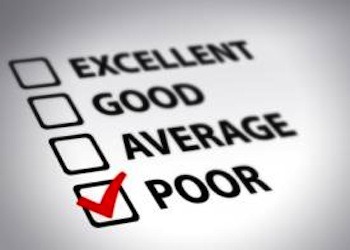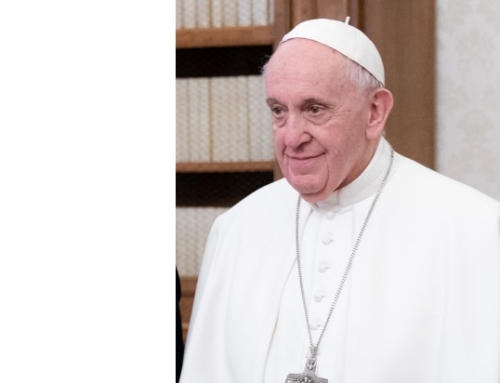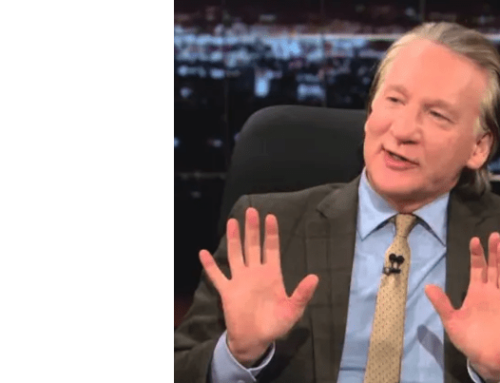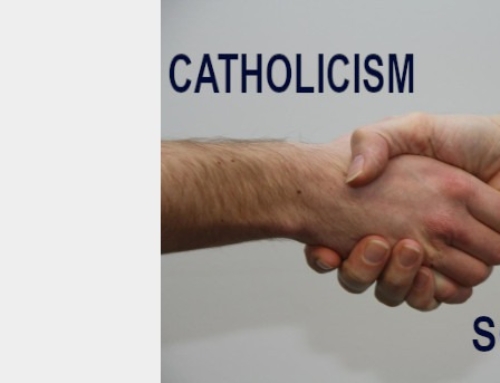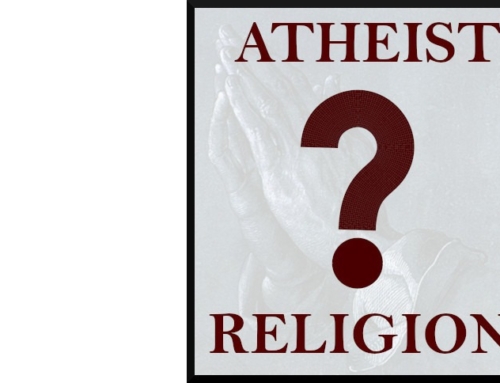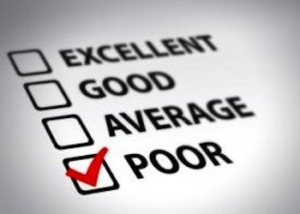 Bill Donohue addresses a Pew Research Center survey of Catholics that was released on February 21:
Bill Donohue addresses a Pew Research Center survey of Catholics that was released on February 21:
The Pew Research Center survey is entitled, “U.S. Catholics Divided On Church’s Direction Under New Pope.” Not surprisingly, most media outlets ran similar headlines. I have a high regard for the work of Pew, but there are a few important caveats that need to be respected.
Self-identification can be problematic. If someone rarely, if ever, attends church, yet identifies himself as a Catholic, should he be considered as such? The Pew survey does distinguish between Catholics who “attend weekly” and those who “attend less often,” but the latter is so vague as to be meaningless: “less often” can mean anything from once a month to once a year. Moreover, most media outlets run stories on the aggregate number, thereby leaving the impression that Catholics are deeply divided. As the survey shows, it is not practicing Catholics who are the most critical of Church teachings.
Also, when Catholics are asked if the new pope should “move in new directions,” Pew analysts and reporters just assume that those who answer “yes” want the Church to become more “modern.” Yet there are many practicing Catholics who want the Church to change so it can become more traditional.
Then there is the profound difference between a preference and a demand. Ask a Catholic if it is okay for priests to marry. Most will say sure. But how many practicing Catholics really care? In other words, expressing a preference is hardly the equivalent of making a demand. Practicing Catholics are not about to bolt if celibacy remains the rule.
We are going to be bombarded with more surveys over the next month. Beware of the game that pundits (not necessarily the researchers) are playing, the purpose of which is to create the illusion of a Church badly divided. That’s the only hope the “progressives” have. That their means are intellectually dishonest is par for the course.



